The rutabaga is a species of turnip commonly known as Swede or Swedish Turnip.
In ancient times, it was a regular part of the Greek and Roman diet. It originated when white turnips and cabbage were crossed. It looks similar to beetroots.
Part of the roots are purple, while the other, the underground part, is yellowish.
It contains water, fat, carbohydrates and proteins. It's a source of iron, potassium, magnesium, calcium, zinc, phosphorus, sodium, vitamin C, vitamin A, vitamin B1, vitamin B2, vitamin B6, vitamin P.
Besides in the culinary arts, rutabaga is successfully used for medicinal purposes. It boosts the immune system and is an unbelievable antioxidant. It is successful in combating chronic diseases.
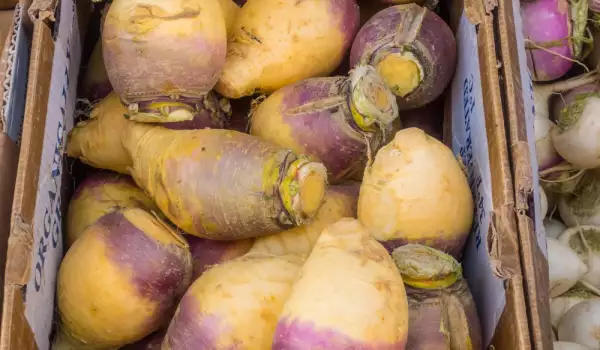
It helps against cough, heart diseases, insomnia, chronic constipation, indigestion, festering skin diseases, burns and more.
The juice of rutabaga is exceptionally beneficial for people suffering from anemia since it helps the faster absorption of iron. It also normalizes digestion and is good at fighting obesity.
The seeds of rutabaga are round, dark brown and also used in treatments. Consumption of rutabaga is not recommended for people with gastritis and an inflamed colon.
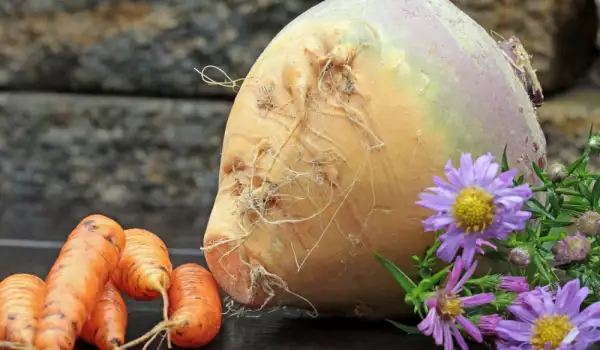
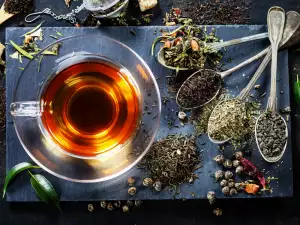
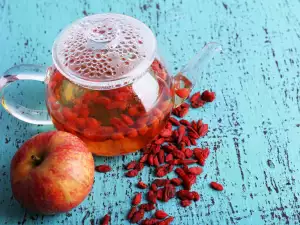

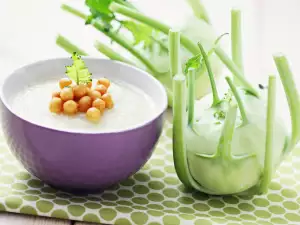



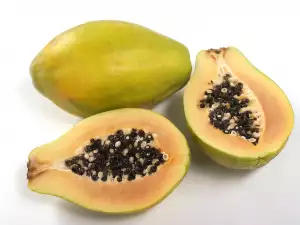
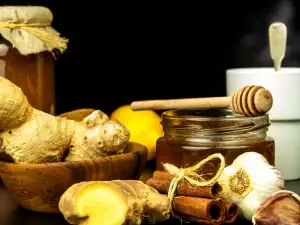
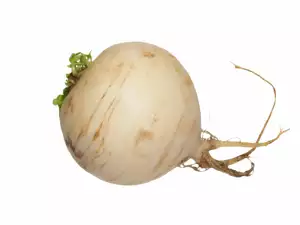
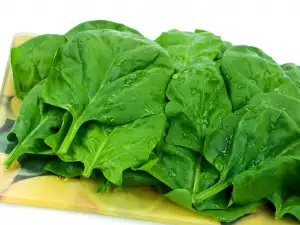

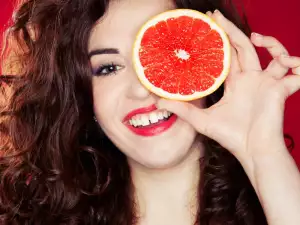

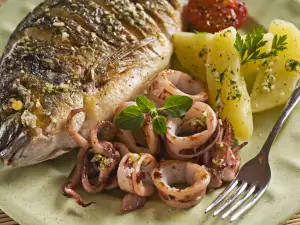




Comments